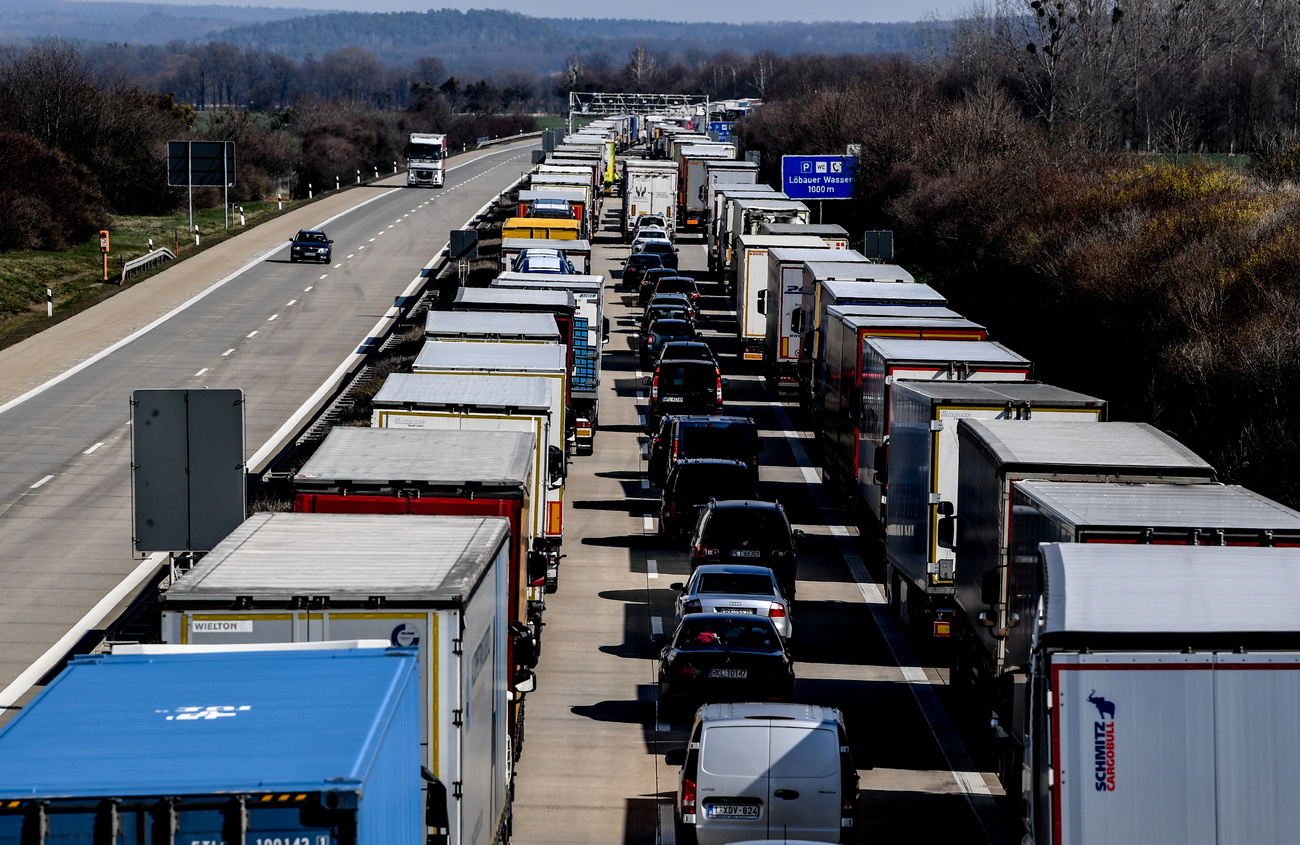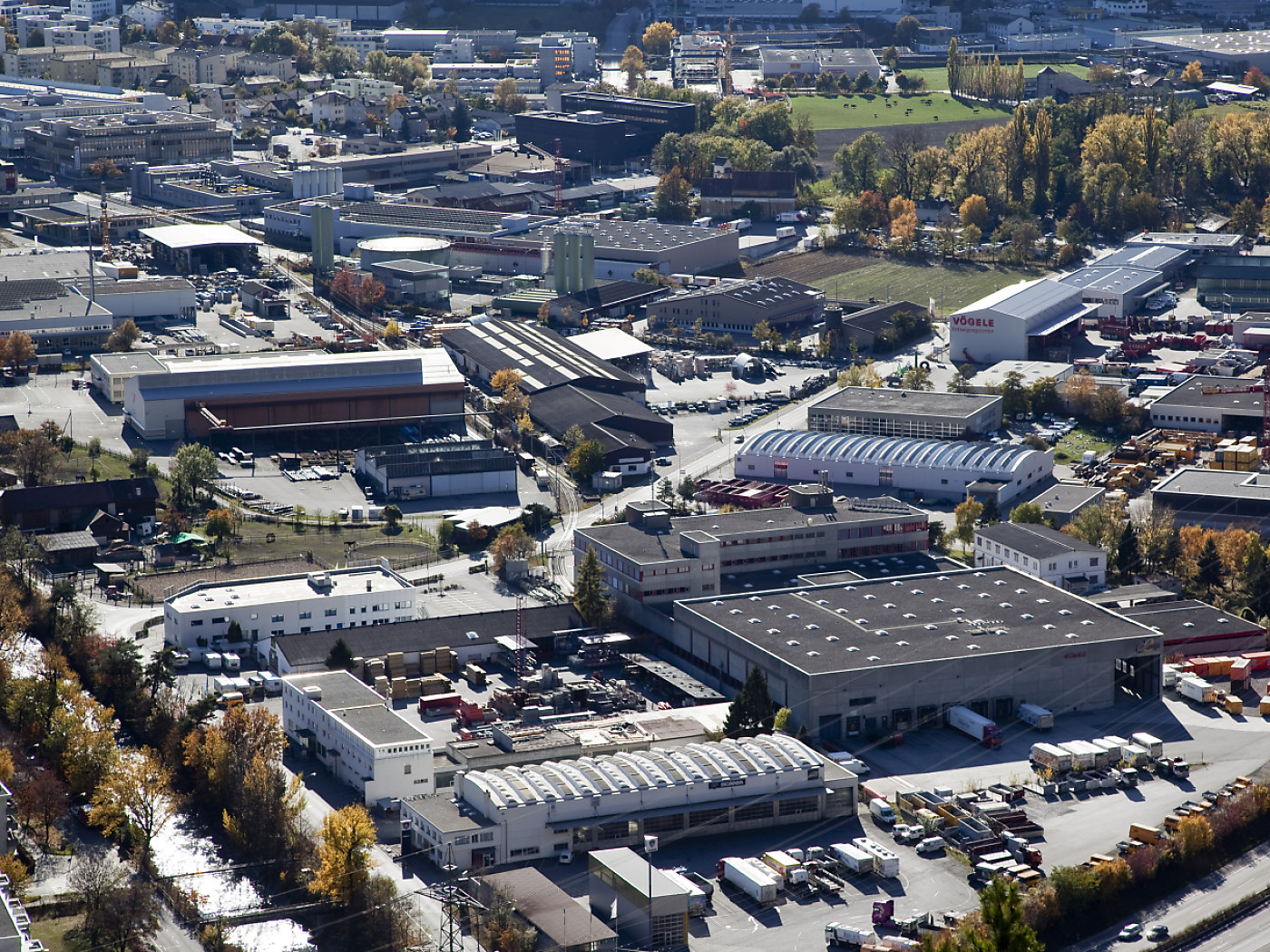Swiss companies fear Ukraine war squeeze

The Swiss industrial sector, particularly chemical, engineering and food production companies, is already feeling the effects of rising raw material costs and logistical logjams caused by the Russian invasion of Ukraine.
Every second Swiss firm is feeling the impact of the war, according to a survey of 306 companies conducted by the Swiss Business Federation (economiesuisse) this month.
The major concerns are rising energy prices, the increased cost of a range of raw materials and disruptions to supply chains that are delaying shipments of materials essential to industrial production.
This is bound to result in escalating prices for a range of consumer goods, economiesuisse warns.
“For example, the chemical industry uses raw materials to manufacture products that are used in our daily lives – from plastics to fertilisers. Electronic devices, cars or sporting goods such as bicycles and e-bikes could become more expensive, but so could many groceries,” the lobby group said in a reportExternal link.
Strong franc cushion
The tourism industry, which has already been ravaged by the coronavirus pandemic, is also feeling the pinch – and not just because fewer Russians are visiting the Alps. “Some tourism providers also report that some American and Asian travellers are avoiding Europe owing to the war,” says economiesuisse.
Sanctions imposed on Russia by the United States and the European Union are having an impact on the financial sector but have so far had little effect on other industries.
A survey of 99 Swiss chief financial officersExternal link (CFOs) by consultancy group Deloitte highlighted many of the same problems. But the CFOs surveyed also voiced optimism that Switzerland is better prepared to deal with the geopolitical crisis than other countries.
Part of this confidence can be explained by Switzerland weathering the Covid-19 pandemic better than other economies.
Some 57% of Swiss CFOs expected their company to prosper in the next 12 months, compared with just 15% who predicted financial difficulties.
Trade partners
While most firms intend to pass on most of their rising costs to consumers, they also forecast that inflation will stay within manageable levels.
“CFOs are not expecting consumer prices to increase significantly in their own country. They believe consumer price inflation will amount to 2% over the next two years,” said Deloitte.
Both Deloitte and economiesuisse agree that the strong franc will protect Switzerland from the worst effects of global inflation by cushioning the increased costs of imports.
But Deloitte also warns that the Swiss economy cannot function in isolation. “The economic indicators for our most important trading partner, Germany, are also looking less positive. It therefore remains to be seen in the coming weeks and months whether the economic upturn in Switzerland will continue or whether we will slip back into a recession,” said CEO Reto Savoia.

In compliance with the JTI standards
More: SWI swissinfo.ch certified by the Journalism Trust Initiative





















You can find an overview of ongoing debates with our journalists here . Please join us!
If you want to start a conversation about a topic raised in this article or want to report factual errors, email us at english@swissinfo.ch.